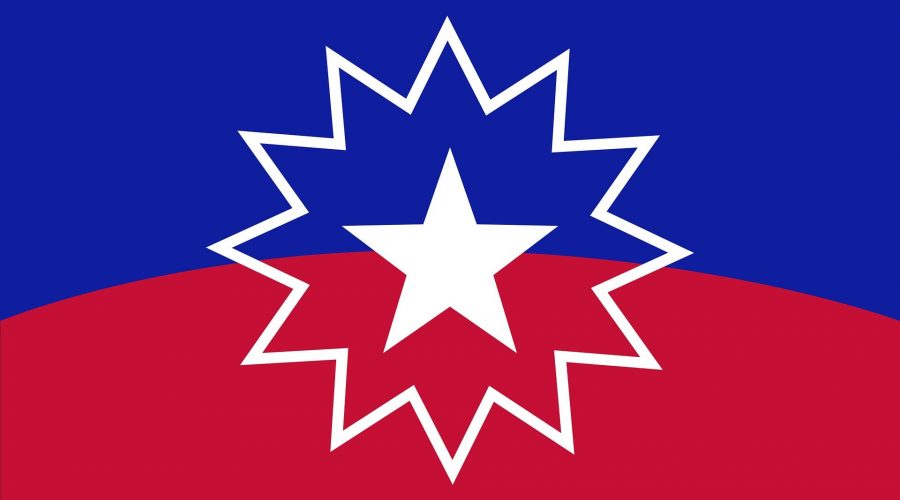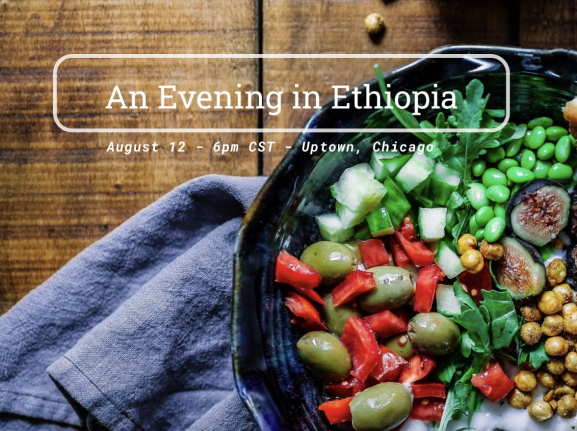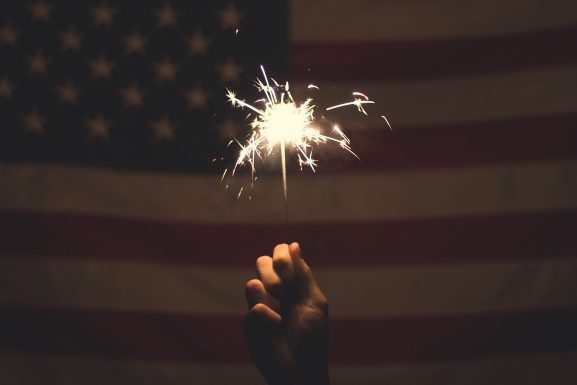Acknowledging Juneteenth
It goes without saying that the United States has a dark past, with one of the most heinous crimes committed being slavery. The history of American slavery is a long and painful one, having begun in the year 1619. A little over twenty Africans were forcibly brought to the Jamestown colony in Virginia, where they were labeled as “indentured servants.” This would eventually grow into slavery, where it will be practiced for nearly 250 years.
That all began to change in January 1863, when President Abraham Lincoln signed into law the Emancipation Proclamation. This Proclamation would claim that slaves in the southern, Confederate states would be freed—in the case of a northern, Union victory. Said victory was achieved in April 1865, where slaves were able to achieve their freedom. However, this right came about slowly, as not all slaves were freed immediately after the war.
The History of Juneteenth
Slaves in remote areas of the country—primarily those in the southern, Confederate states—were unable to attain their freedom like their northern counterparts. Many cases of this were present in Texas, and many slaves were not yet freed. However, on June 19th, 1865, Union officer Gordon Granger arrived in Galveston to proclaim that Union troops will take control of Texas and that the slaves were to be freed. The response among the freed slaves was that of joy and celebration.
The following year, June 19th in Texas was given the name “Jubilee Day,” in which Black people celebrated with barbeques, prayer services, etc. As southern Black people migrated to other parts of the country, this holiday widely spread, eventually gaining the name “Juneteenth.”
The Importance of Juneteenth
Juneteenth marked an important milestone in Black peoples’ lives here in the United States, for a multitude of reasons. For starters, it represents how the emancipation of the slaves reached not just those in the northern states, but also those in the deepest parts of the Confederacy. (This in of itself is notable, since most people probably wouldn’t be aware of this unless they knew of Juneteenth already.)
Next up, the holiday acknowledges how these newly freed slaves were finally able to take advantage of their rights as American citizens and live prosperous lives. However, as we all know, those lives—and the lives of their descendants—would be hampered by the forces of systemic racism and discrimination. In the 156 years since the first Juneteenth, the holiday has taken on new meanings, particularly with the onslaught of police brutality against African-Americans. In a sense, the holiday has grown to represent that while Black Americans have made significant progress since 1865, there are still far too many barriers that they have to traverse in order to be successful.
Some ways to celebrate Juneteenth
- Acknowledge the accomplishments of Black artists, workers, etc.
- Encourage healthy discussions of Black progress in America
- Be mindful that there is still much work to be done on behalf of Black Americans’ lives
Juneteenth Events
- Juneteenth – Ethnic Events [a free, virtual panel discussion that will be held on June 19th; here, three Black women entrepreneurs, Kandice Cole, Orion Brown, and Nehezi Roberts, will detail their experiences in their respective industries]
- Juneteenth West Fest [from June 18th to June 20th; located in Columnus Park; will include entertainment, games, and more]
- Dr. Charles R. Drew Blood Drive [annual blood drive that will be held at Malcolm X College on June 17th]
- A Mind Is Gala [21st annual fundraiser from UNCF; will be held on June 19th and hosted by NBC anchor Stefan Holt]
Source List
- What Is Juneteenth? – HISTORY
- Juneteenth: why celebrating the holiday is more important now than ever – Vox
- What Is Juneteenth and Why Is It Important? | Rethink Together (xqsuperschool.org)
- Slavery in America – Timeline – Jim Crow Museum – Ferris State University
- What Is Juneteenth? Facts, History, and How to Celebrate (oprahdaily.com)
- Juneteenth 2021: Celebrations, Events Happening This Month Across Chicago – NBC Chicago



